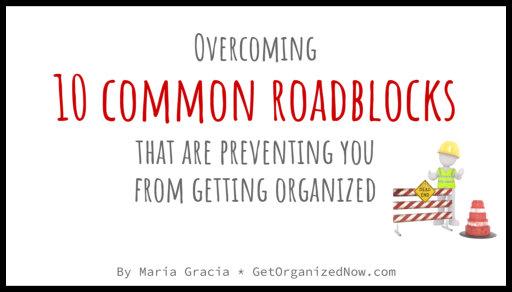As an organizing expert, I always emphasize the importance of decluttering our physical
spaces to achieve mental clarity and peace.
Today, I'd like to associate organizing with decluttering our financial lives...as we celebrate
Be a Millionaire Day today.
While the name might suggest a quick fix through a stroke of luck, I prefer to see it differently. Sure, buying a lottery ticket might offer a fleeting chance at millions, but true financial
freedom comes from intentional planning, smart spending, and disciplined saving.
Money isn't the sole key to happiness, but it certainly eases many of life's burdens. Let's delve into some practical tips on how to start paying off bills, spending wisely, and
building a savings cushion...all while embracing an organized approach.
1. Audit Your Finances: Just as you would assess clutter in your home or office, take stock of your financial situation.
List all debts, like credit cards and loans. Understanding where your money is going is the first step towards regaining control.
2. Create a Budget: Organization thrives on structure, and your finances are no
exception. Craft a realistic budget that allocates funds for essentials like bills, groceries, and savings, while also leaving room for occasional treats. Tools like budgeting apps or spreadsheets can help streamline this process.
3. Prioritize Debt Repayment: Tackle high-interest debts first while making minimum
payments on others. This avalanche method can save you substantial money on interest payments in the long run. Consider consolidating debts, transferring balances to no-interest options, and/or negotiating with creditors for better terms if feasible.
4. Embrace Conscious Spending: Just as decluttering urges us to be
mindful of what we bring into our homes, conscious spending urges us to be deliberate with our purchases. Differentiate between needs and wants, and consider whether each expense aligns with your financial goals.
Make a list of bills that you're paying monthly,
like cable, cell service, Netflix, Apple Music, etc. Those monthly subscriptions are likely adding up to a whole lot of money. Some may be important to you, but some may not be. Reassess regularly.
5. Automate Savings: Organize your savings by setting up automatic transfers from your checking to your savings account.
Treat savings as a non-negotiable expense, just like any bill, ensuring that you consistently contribute towards your financial future.
6. Emergency Fund: Every well-organized financial plan includes an emergency fund. Aim to save at least three to six months' worth of living expenses in a separate account. This safety
net provides peace of mind during unforeseen circumstances like job loss or medical emergencies.
7. Invest Wisely: Once you've paid off high-interest debts and built your emergency fund, consider investing in assets that align with your risk tolerance and long-term goals. Diversify your portfolio to mitigate risks and
seek professional advice if needed.
8. Review and Adjust Regularly: Organization is an ongoing process, and so is financial management. Regularly review your budget, track your spending, and adjust your goals as needed. Life circumstances change, and your financial plan should adapt
accordingly.
Let's celebrate Be a Millionaire Day not with wishful thinking but with proactive steps towards a brighter, more organized financial future.












